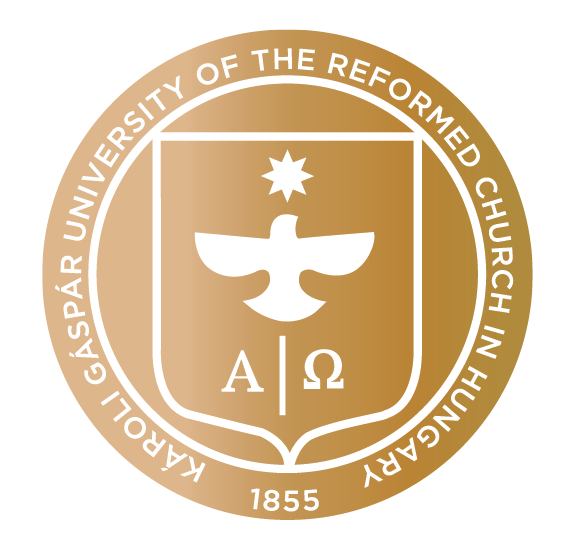Keynote Speakers
Thursday, 16 October 2025
Opening Keynote Lecture
The Rule of Law, Legal Validity, and Constitutional Order
Abstract:
The past quarter-century has witnessed democracy and the rule of law challenged by rising populism across the world. While populism and its threats to democracy have been much studied in political science, legal philosophers have paid scant attention to its impacts on legal practice. To contribute to both populism studies and legal philosophy, the current lecture discusses a long-standing jurisprudential issue, namely the validity of law, in the context of populist constitutional amendments that undermine the rule of law, using notable cases from Latin America and Africa. As a result of examining four primary views on legal validity—exclusive and inclusive positivism, natural law, and interpretivism—the lecture suggests the relevance of constitutional order to validity judgments.
Prof. Makoto USAMI LL.D.
(Kyoto University – Japan)
Friday, 17 October 2025
Keynote Lecture
From Social Conflicts to Legal Disputes: The Binding Force of Law
Prof. Dr. András Zs. VARGA
(Pázmány Péter Catholic University – Hungary)
Saturday, 18 October 2025
Keynote Lecture
Raison d’État and the Reason of State
Abstract:
- The state interest or reason of state means the distinctive and autonomous interest of the State, which is an organization separate from the other components of society, for its existence and development. This term first appeared in Giovanni Botero’s work „Raggion di Stato”, published in 1589. In certain cases, this interest may differ from the interests of society as a whole, or with those of specific social groups within it. For instance, Reason of State may be the legal and fiscal protection and guarantee of the privileges and privileged status of those employed within the State organization.
- The rulers and monarchs of the era of enlightened absolutism believed that all changes (political, social, military, cultural, etc.) should serve the interests of the State. According to the theory of Reason of State, the State’s own interest determines all changes.
- The concept of Reason of State is indisputably of a political nature. The declared objective is to secure the survival and safe operation of the State (res publica), and to establish the conditions necessary for its endurance. In case of absolute necessity, adherence to the law (lex) and to public morality (mos) may be set suspended. The same applies to the generally binding rules of international law (ius gentium or ius inter gentes).
- Although it was not explicitly or systematically formulated in classical or medieval thought, the conceptual origins of the idea of the Reason of State can be traced back to Greco-Roman Antiquity and medieval practice. In this regard, the works of Aristotle. Polybius, and Cicero occupy a particularly significant place.
(Eötvös Loránd University, Professor Emeritus – Hungary)
